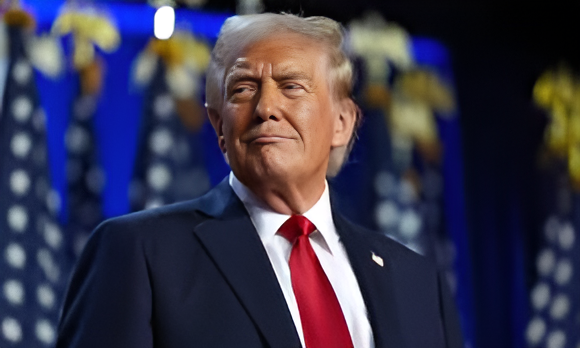2. Short-Term Job Growth in the Local Area
Jobs in domestic manufacturing and supply chains can be created or maintained if U.S. enterprises increase their market dominance.
3. Increased Government Revenue
How Tariffs Increase Government Revenue
1. Tax Collection: Importers must pay the tariff, and this money goes directly to the U.S. Treasury. → More imports = more tax revenue.
2. Higher Tariff Rates: If the government raises the tariff rate on certain goods (e.g., steel, aluminum, Chinese electronics), the amount collected per item increases.
3. Targeting High-Volume Imports: Imposing tariffs on products that are widely imported boosts revenue significantly

📉Response of the Market to Tariffs
1. Major Indices Drop : the announcement of wide tariffs on April 2, 2025, caused a steep decline in U.S. markets. The S&P 500 and Nasdaq saw their biggest losses since the COVID-19 epidemic, and the Dow Jones Industrial Average fell more over 1,600 points.
2. Stock Market Crash After Tariffs in the USA : The United States levied a fresh round of punitive tariffs on imports from important trading partners, especially China, in April 2025. The action caused the U.S. stock market to plummet and sent shockwaves through the world's financial markets.
3. Investors sentiment : Investor mood had fallen to its lowest level in 30 years, according to a Bank of America study. The most important market threats, according to over 80% of fund managers, are tariffs and the intensifying trade war. The possibility of slowing economic growth, rising prices, and the impending threat of stagflation or perhaps a full-scale recession were their main worries.
📉 Major Stocks That Fell After U.S. Tariffs
1. Nvidia's (NVDA) stock dropped as much as 10% after the firm predicted that export limitations on its H20 AI processors, which are intended for the Chinese market, will cost it $5.5 billion in sales in the first quarter.
2. Tesla (TSLA) : Decline: Leading declines among large tech companies, the stock closed over 45% below its December 2024 top.
3. Apple (AAPL) Drop: On April 10, 2025, the company's shares fell 7% as a result of issues with tariffs and possible supply chain interruptions.
🗣️ President Trump's Statements on Tariffs
In a White House Rose Garden ceremony on April 2, 2025, President Trump proclaimed April 2 to be "Liberation Day," announcing a "reciprocal tariff" plan to address what he said were decades of unfair trade practices that hurt American workers and industry. Referred to be the United States' "declaration of economic independence," he described this announcement as "one of the most important days in American history.
Although he admitted that high tariffs might discourage commerce, President Trump has also implied that tariffs could motivate nations to engage in additional negotiations. He underlined the strength of American consumers and pointed out that nations can decide not to do business with the USA in order to avoid tariffs.




